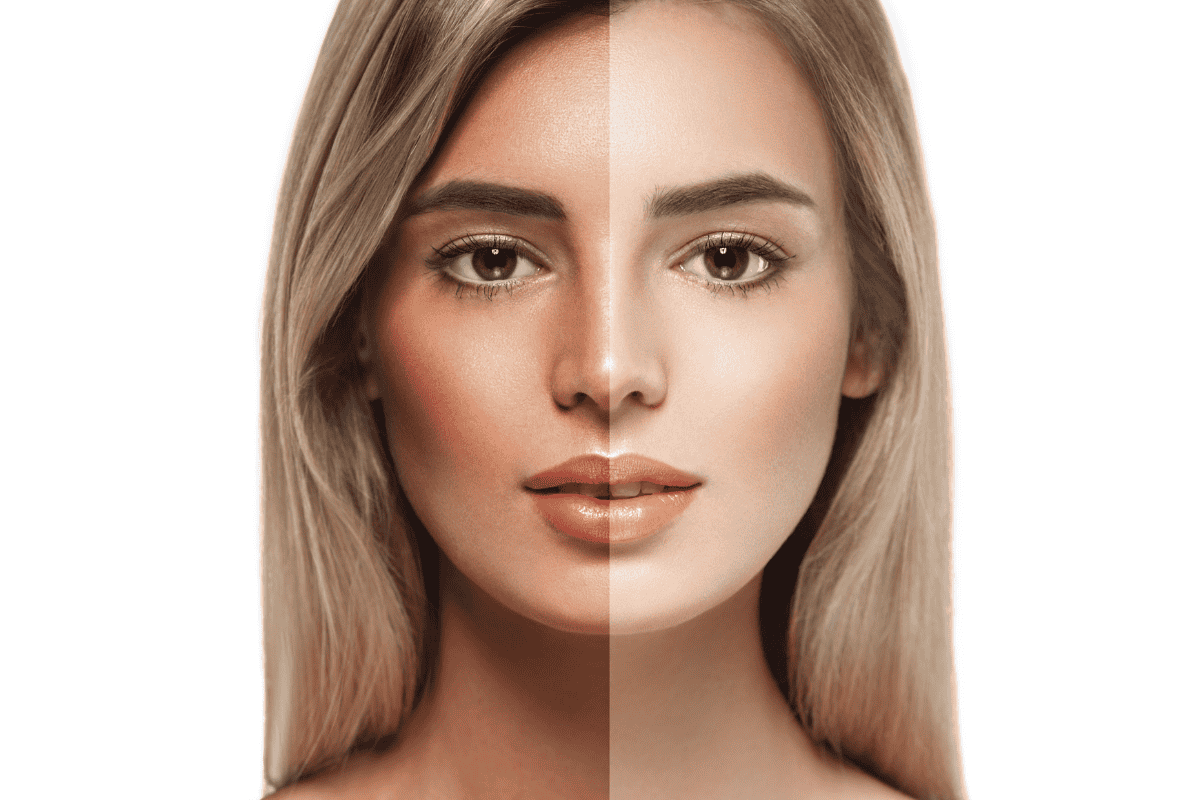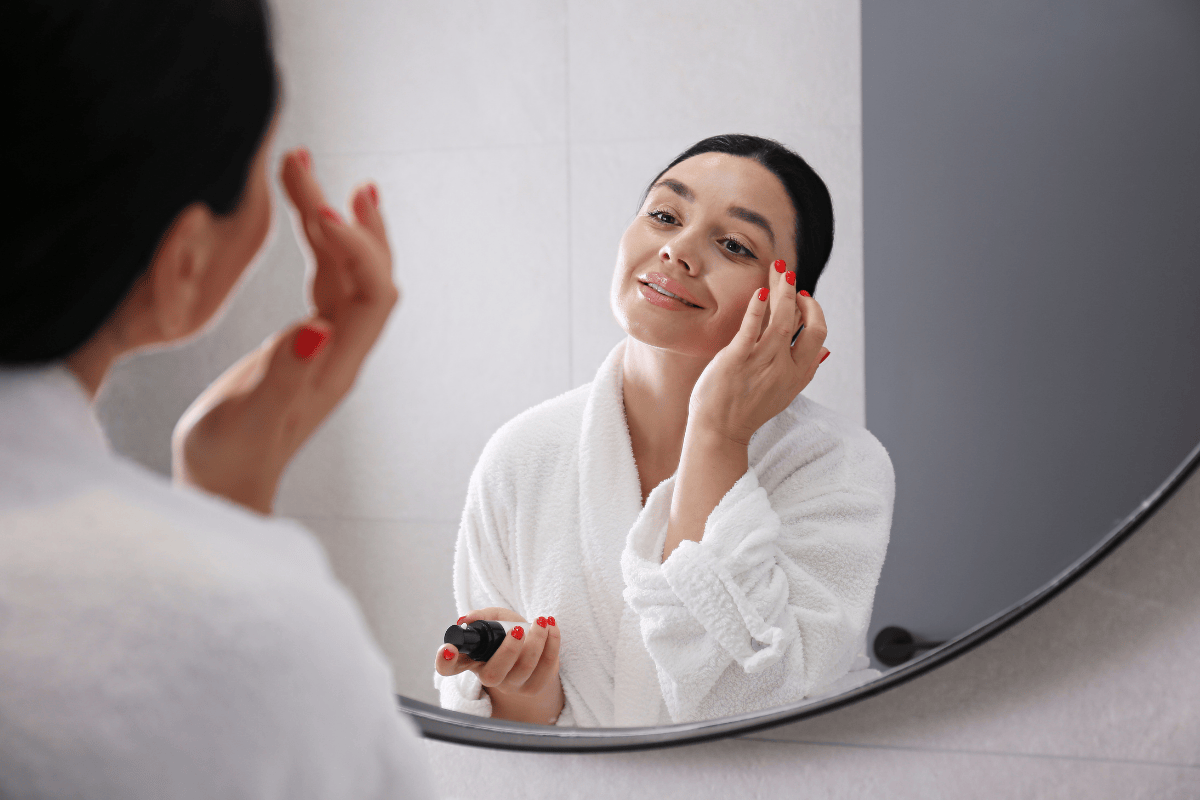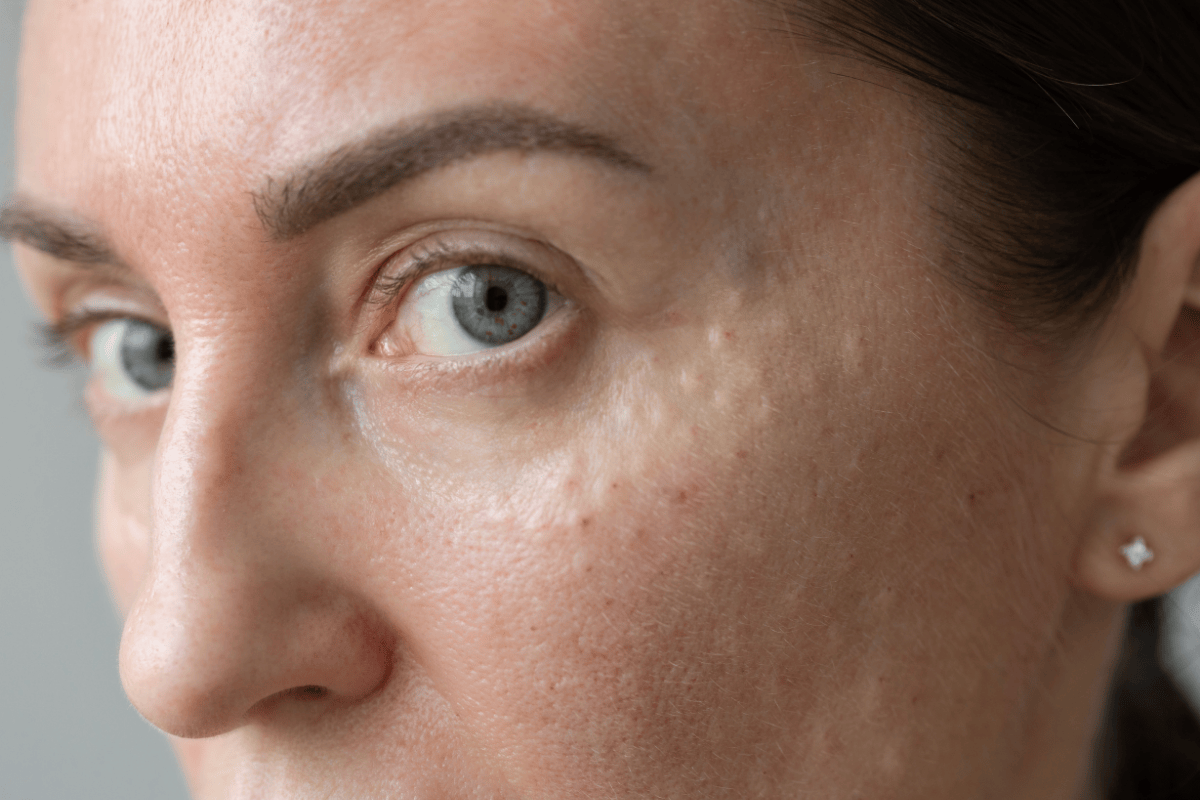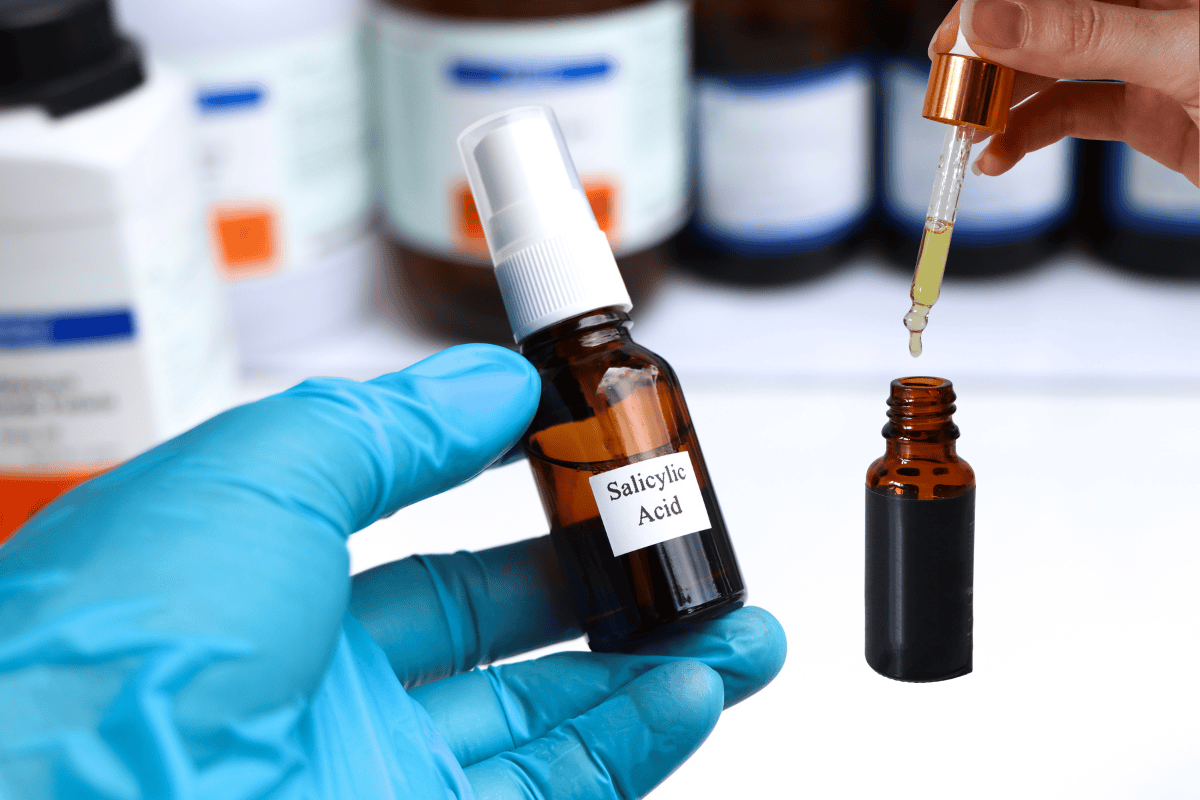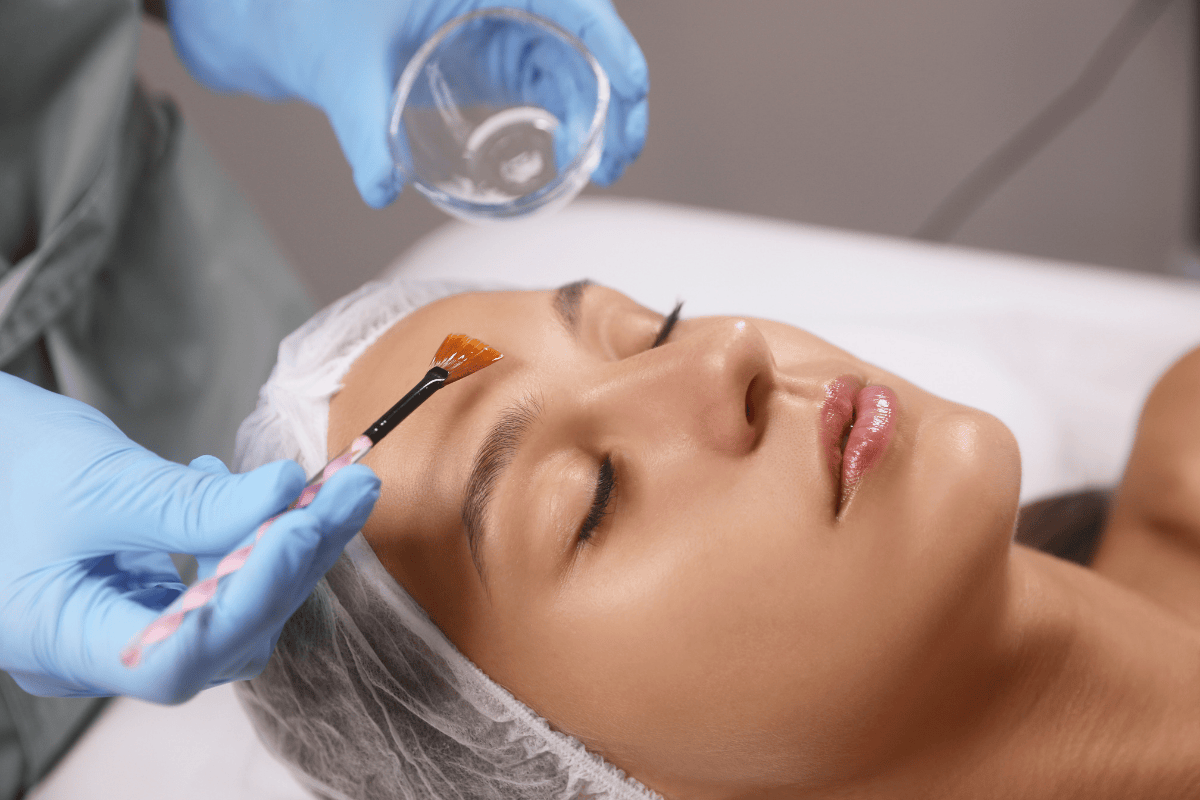When skincare is discussed, one thing is completely unavoidable and that is the skincare formulation. Whenever it is discussed it revolves around which formulation works best on which skin concern. Like all-rounders in sports teams, there are very rare formulations that have a wide-spectrum approach to skin.
One of such formulations is niacinamide. It is widely accepted and discussed for its impact on improving skin clarity and radiance and addressing multiple dermatological challenges. Its compatibility with almost all skin types makes it an obvious choice for both professional as well as over-the-counter skin care product suggestions.
To get more idea on why it is so popular and recommended for a skincare routine, we will discuss its impact, benefits and tips to include it in the routine for maximum results. So, let’s check that out quickly.
Table of Contents
- 1 What is Niacinamide?
- 2 How Niacinamide Works to Improve Skin Texture and Tone?
- 3 10 Benefits of Adding Niacinamide to Your Skincare Routine
- 3.1 1. Regulates Sebum Production
- 3.2 2. Enhances Skin Barrier Function
- 3.3 3. Reduces Hyperpigmentation and Dark Spots
- 3.4 4. Minimizes Enlarged Pores
- 3.5 5. Improves Hydration Levels
- 3.6 6. Calms Redness and Inflammation
- 3.7 7. Boosts Collagen Production
- 3.8 8. Protects Against Oxidative Stress
- 3.9 9. Reduces Acne and Blemishes
- 3.10 10. Enhances Skin’s Tolerance to Active Ingredients
- 4 Are There Any Side Effects of Using Niacinamide?
- 5 How to Use Niacinamide in Your Routine?
- 6 Can Niacinamide Be Combined with Other Skincare Ingredients for Maximum Effect?
What is Niacinamide?
Niacinamide, a form of Vitamin B3, is a water-soluble compound that plays a significant role in skin function and repair. It supports essential cellular processes, including DNA repair and energy production, which contribute to overall skin resilience. Unlike some active ingredients that cause irritation, niacinamide is well-tolerated, making it suitable for all skin types, including sensitive and acne-prone skin.
This ingredient is widely used in dermatology for its ability to regulate sebum production, strengthen the skin barrier, and improve moisture retention. It also interacts well with other skincare activities, allowing it to be incorporated into various formulations without reducing efficacy. Due to its versatility, niacinamide is found in serums, moisturizers, and even prescription treatments designed for specific skin concerns.
How Niacinamide Works to Improve Skin Texture and Tone?
Niacinamide enhances skin texture and tone through multiple biological processes that influence clarity, smoothness, and pigmentation. It modulates sebum production, preventing excess oil buildup that can contribute to clogged pores and rough skin. Melanin transfer to skin cells slows down with regular use, helping to reduce dark spots and hyperpigmentation.
Strengthening the skin’s natural barrier improves hydration levels, which in turn promotes a more even and refined surface. Anti-inflammatory properties assist in calming redness and irritation, making it beneficial for conditions like rosacea and acne. Long-term use supports overall skin health, leading to a visibly smoother and brighter complexion.
- Regulates oil production to prevent clogged pores and rough texture
- Reduces melanin transfer, helping to fade hyperpigmentation and dark spots
- Strengthens the skin barrier, improving hydration and overall smoothness
- Calms inflammation and redness, enhancing an even skin tone
- Promotes collagen production, contributing to firmer, more refined skin
- Works synergistically with other skincare ingredients for enhanced results
10 Benefits of Adding Niacinamide to Your Skincare Routine
A well-balanced skincare routine relies on ingredients that provide both corrective and preventive benefits, and niacinamide excels in both areas. Its ability to target multiple skin concerns makes it a valuable addition for those looking to maintain long-term skin health while addressing specific issues like discoloration, irritation, and moisture retention.
Regular application enhances skin resilience, improves tolerance to external stressors, and supports overall skin function at a cellular level.
Whether used as a standalone treatment or combined with other activities, niacinamide delivers measurable improvements in skin clarity, strength, and hydration.
1. Regulates Sebum Production
Overactive sebaceous glands contribute to oily skin, clogged pores, and breakouts. Niacinamide helps balance oil production by reducing excess sebum without stripping the skin’s natural moisture. This regulation minimizes shine while keeping skin hydrated and healthy.
2. Enhances Skin Barrier Function
A compromised skin barrier increases susceptibility to moisture loss and irritation. Niacinamide strengthens the lipid barrier by boosting ceramide and free fatty acid production, improving the skin’s ability to retain hydration and resist environmental aggressors.
3. Reduces Hyperpigmentation and Dark Spots
Uneven skin tone results from excess melanin deposition in the epidermis. Niacinamide inhibits melanosome transfer, preventing pigment buildup and gradually reducing the appearance of dark spots, post-inflammatory hyperpigmentation, and sun-induced discoloration.
4. Minimizes Enlarged Pores
Pore size is influenced by sebum production, skin elasticity, and debris accumulation. Niacinamide enhances skin elasticity and regulates oil output, reducing pore dilation and creating a smoother, more refined complexion.
5. Improves Hydration Levels
Water loss from the skin leads to dehydration and premature aging. Niacinamide strengthens the stratum corneum by increasing natural moisturizing factors (NMFs), which help the skin retain water and maintain optimal hydration levels.
6. Calms Redness and Inflammation
Chronic inflammation accelerates skin aging and exacerbates conditions like acne and rosacea. Niacinamide modulates inflammatory responses by inhibiting pro-inflammatory cytokines, and reducing redness, sensitivity, and irritation.
7. Boosts Collagen Production
Collagen degradation contributes to skin laxity and fine lines. Niacinamide stimulates fibroblast activity, supporting collagen synthesis and improving skin firmness, elasticity, and overall structural integrity.
8. Protects Against Oxidative Stress
Environmental stressors such as UV radiation and pollution generate free radicals that damage skin cells. Niacinamide acts as an antioxidant, neutralizing oxidative stress and preventing premature aging caused by external aggressors.
9. Reduces Acne and Blemishes
Breakouts occur due to bacterial overgrowth, excess sebum, and inflammation. Niacinamide exhibits antimicrobial and anti-inflammatory properties, reducing acne severity, preventing new blemishes, and promoting faster healing of existing breakouts.
10. Enhances Skin’s Tolerance to Active Ingredients
Strong actives like retinoids and exfoliating acids can cause irritation in sensitive skin. Niacinamide improves skin resilience by reinforcing the barrier and reducing sensitivity, making it easier to integrate potent ingredients into a skincare regimen without excessive irritation.
Are There Any Side Effects of Using Niacinamide?
Niacinamide is generally well-tolerated across different skin types, including sensitive and acne-prone skin. It does not cause peeling or excessive dryness, making it a gentler alternative to stronger actives. Higher concentrations (above 10%) may trigger mild redness, tingling, or temporary flushing, particularly in individuals with reactive skin.
Starting with a lower concentration (2%–5%) helps minimize the risk of irritation while allowing the skin to adjust. A patch test before full-face application can help identify any sensitivity. If redness or discomfort occurs, reducing frequency or combining niacinamide with soothing ingredients like ceramides and hyaluronic acid can improve skin tolerance.
How to Use Niacinamide in Your Routine?
Integrating niacinamide into a skincare routine requires the right formulation, concentration, and application method to achieve optimal results. It works well in both morning and evening routines, complementing other active ingredients while supporting overall skin health. Consistent use helps improve skin clarity, hydration, and resilience over time.
Steps to Use Niacinamide Effectively:
- Select the Right Product – Choose a serum (5%–10%) for targeted treatment or a moisturizer with niacinamide for hydration and barrier support.
- Apply in the Correct Order – Use after cleansing and toning but before heavier creams or oils for better absorption.
- Use the Right Concentration – Start with lower strengths (2%–5%) if you have sensitive skin, and gradually increase if needed.
- Pair with Compatible Ingredients – Works well with hyaluronic acid, peptides, and ceramides but should not be mixed with highly acidic actives in the same routine.
- Use Morning and Night – Apply in the morning for environmental protection and at night for skin repair, always following with sunscreen during the day.
- Stay Consistent – Regular application over 4–8 weeks leads to visible improvements in skin tone, texture, and hydration.
Can Niacinamide Be Combined with Other Skincare Ingredients for Maximum Effect?
Niacinamide is highly compatible with most skincare ingredients, making it a versatile addition to any routine. It enhances the effectiveness of hydrating agents like hyaluronic acid, strengthens the skin barrier when paired with ceramides, and improves overall skin repair alongside peptides. Its anti-inflammatory and oil-regulating properties also complement acne-fighting ingredients such as salicylic acid and zinc.
While it works well with most activities, caution is needed when using it with highly acidic compounds like pure vitamin C (ascorbic acid) and strong exfoliants (AHAs/BHAs). To prevent potential irritation, these ingredients can be applied at different times of the day or on alternate days.
Final Thoughts
Achieving clear, radiant skin takes time, but using niacinamide regularly can make a noticeable difference. Its ability to balance oil, reduce pigmentation, and strengthen the skin barrier makes it a powerful addition to any skincare routine. With the right approach, you’ll see improvements in texture, tone, and overall skin health.
Need help choosing the right products or understanding how to use niacinamide effectively? Our experienced skincare experts are here to guide you. Reach out today for personalized advice and take the next step toward healthier, glowing skin!






